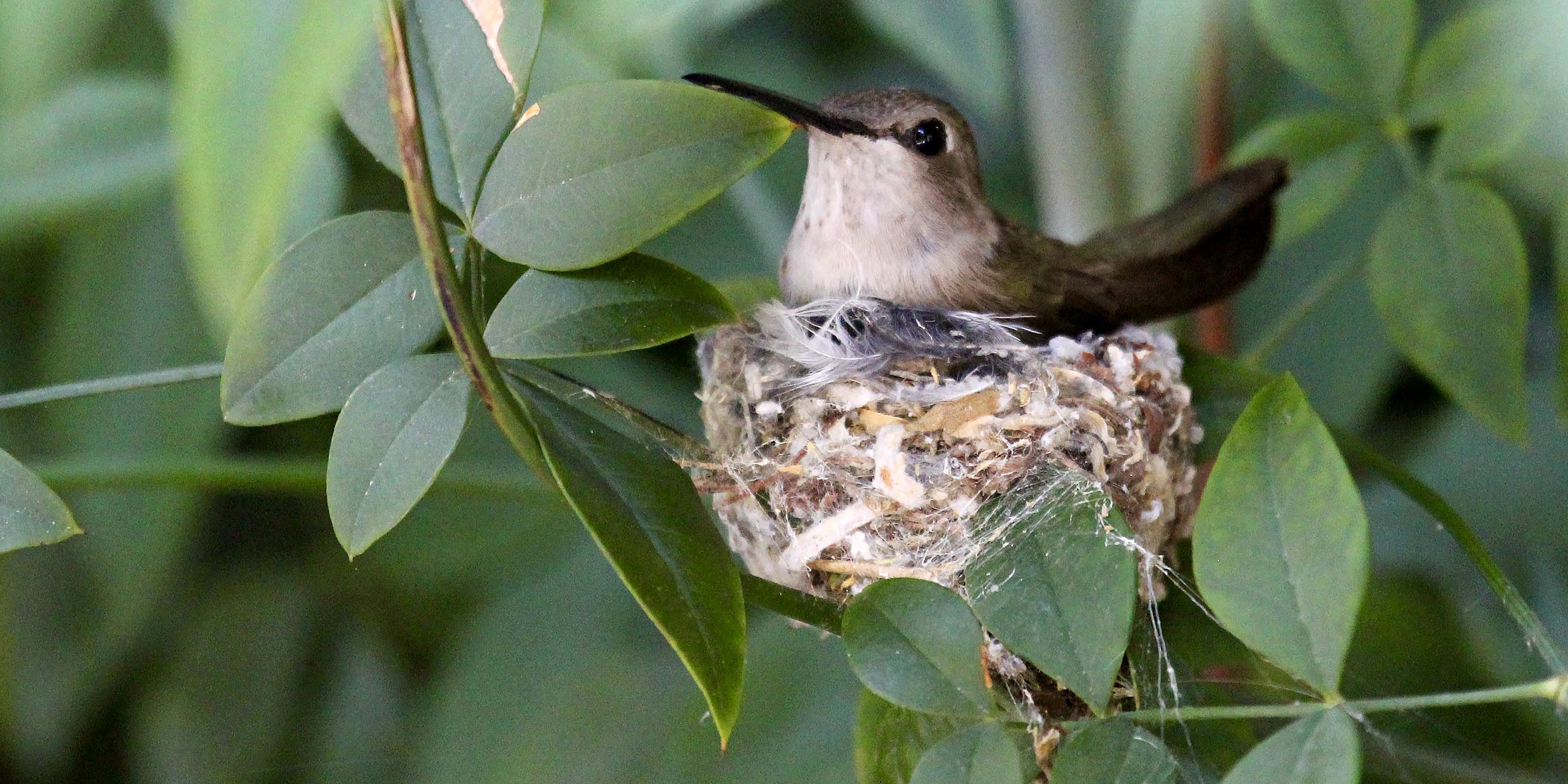Originally published 25 May 1998
“A lifetime can be spent in a Magellanic voyage around the trunk of a single tree,” writes Harvard biologist Edward O. Wilson in his autobiography.
He is referring to the prodigious web of life that exists in our own backyards, mostly unseen or invisible: insects, nematodes, mites, protistans, bacteria — 10 billion bacteria in a pinch of soil held between thumb and forefinger. Most of these creatures have not been described by science. They are “objects of potentially endless study and admiration,” says Wilson.
Out of this mostly unexplored mess of life we have our origin. We are linked to the creatures of the backyard soil by common ancestry. We carry traces of that kinship in our genes.
The information content of the DNA in a single human cell would fill a dozen sets of the Encyclopedia Britannica. We share more than 98 percent of that information with chimpanzees, a somewhat lesser part with moles, still less with worms. Here and there along our chromosomes are chemical echoes of our kinship with amoebas.
No one has more strongly championed our genetic links with the rest of the animal kingdom than Edward Wilson. His scientific life has been immersed in the study of ants, but his thoughts have never been far from the mystery of human nature. He is convinced that many of our behaviors and cultural habits are shaped by biology.
Wilson is frequently blasted, even by fellow biologists, for daring to suggest that humans are prisoners of our genes. Of course he says no such thing; he is a kindly humanist who does not cease to hope that humans can and will freely choose to live in respectful harmony with each other and with the rest of nature.
Yet he does believe that the human mind is what the human brain does, that the brain is the product of billions of years of evolution, and that our genes predispose us to behave in certain ways, even to adopt certain cultural norms. We will gain a true understanding of human nature only when we recognize the behavioral rules that are built into our biology, says Wilson.
In his important new book, Consilience, the two-time Pulitzer prize-winner and former born-again Southern Baptist takes to the pulpit to promulgate his view that we haven’t a prayer of sorting out the problems that beset us until we know who we are. And there is no way to know who we are, says Wilson, until we accept that we are more animal than angel.
Consilience is an archaic term meaning literally “jumping together,” applied by certain 19th century philosophers to a supposed unity of knowledge. Wilson argues that the natural sciences have achieved consilience, as the boundaries between physics, chemistry, biology, and neuropsychology become increasing blurred. He calls for the extension of consilience into the social sciences and humanities, including ethics and religion, on the basis of evolutionary biology.
Wilson’s new book is the scientific equivalent of an old-time Southern Baptist tent revival, a call to be born again in the spirit of Darwin. And why not? He spent a lifetime down on his knees studying ants and their kin; now he rises to proclaim the lessons he learned reading the scriptures of the Earth.
The world is beset by problems of unprecedented scale, he says, and they will not be solved as long as our religious and ethical systems are grounded in “Iron Age folk knowledge.”
We must embrace the new insights of evolutionary biology, he insists. Unless we recognize our deep links with our biological past we have scant hope of understanding human nature, and without consilient knowledge of human nature, we have no hope of saving ourselves and the rest of creation.
And what is human nature? “Genius animated with animal craftiness and emotion, combining the passion of politics and art with rationality…a new instrument of survival.” This is the sort of reductionist evangelizing that drives many social scientists and humanists to apoplexy, not to mention the majority of the general population who still hold fiercely to one form or another of “Iron Age folk knowledge.” No “knowledge” is more precious to us than the notion that our true selves have little or nothing to do with “animal craftiness and emotion.”
Does Wilson overreach when he claims that millions of years of adaptive evolution predispose the human brain to certain behaviors and cultural forms?
A few weeks ago I watched a hummingbird build a nest. It was an exquisite nest, not much larger than a thimble, assembled from bits of plants and spider silk, as skillfully crafted as a Faberge egg. I knew, as I watched the “artful” nest take shape, that the plan for the nest and the instructions for assembling it were encoded in the DNA of the single fertilized cell from which the hummingbird grew, in a chemical code of just four letters.
Are we less gifted by our past than the hummingbird? I doubt it. Only further research will tell us to what degree human behavior and culture are predisposed by genes. But this much is clear: Whatever our links to the past, we have ample sway to chart our future.
It is Wilson’s contention that we can wisely plan where we are going only if we know where we have been. For that, a Magellanic voyage around the life-clogged base of a backyard tree is as good a place to start as any.



